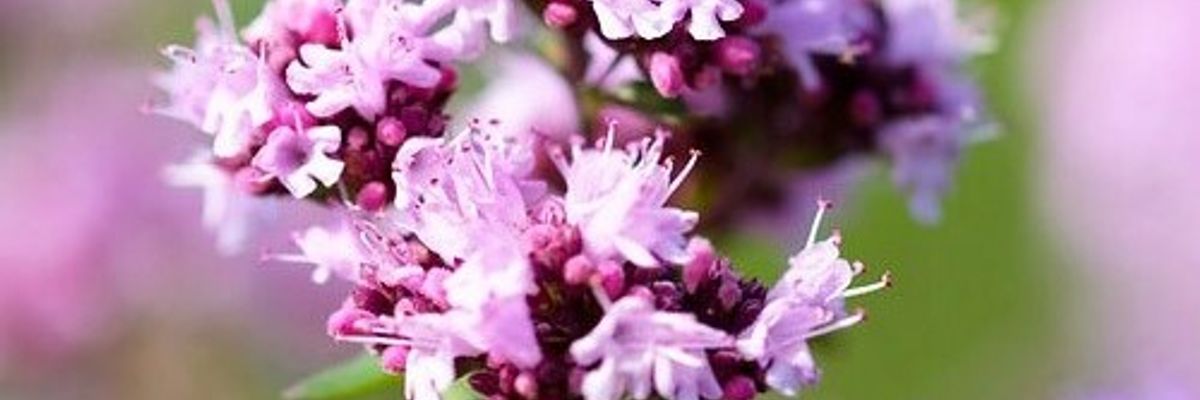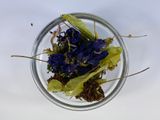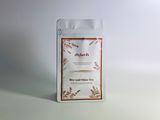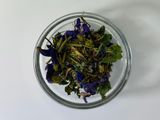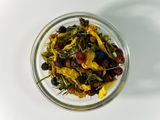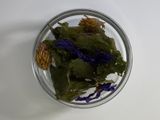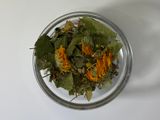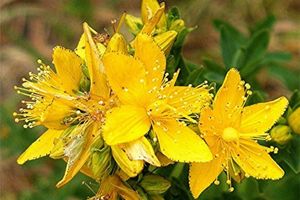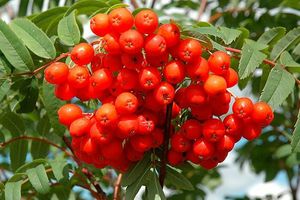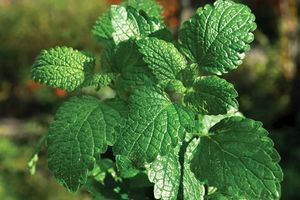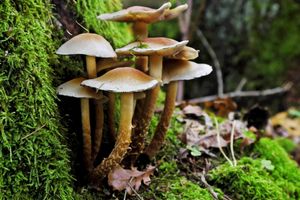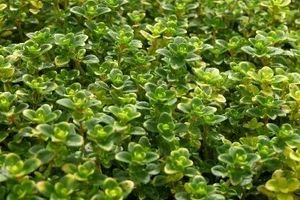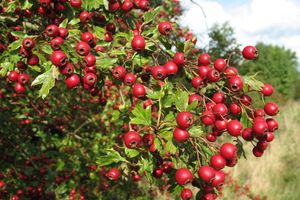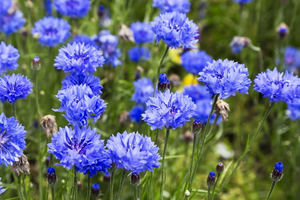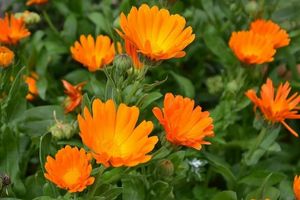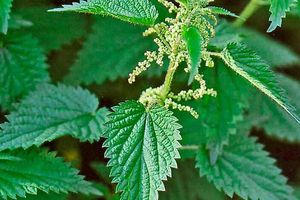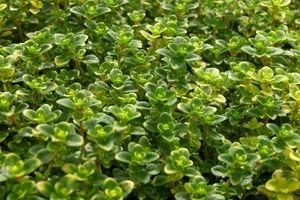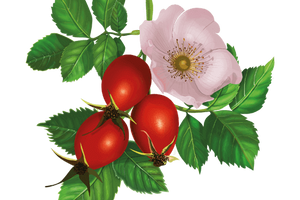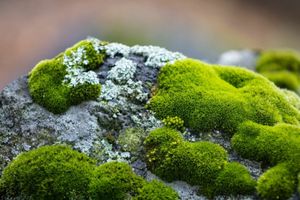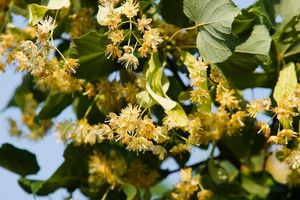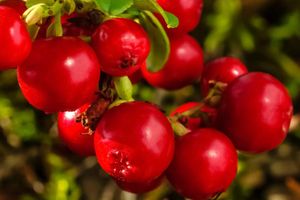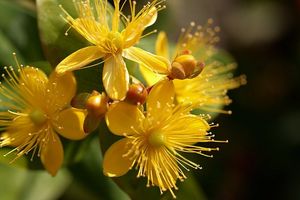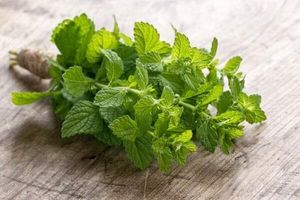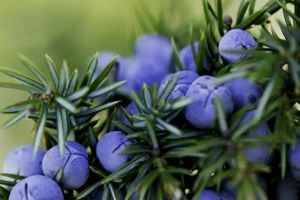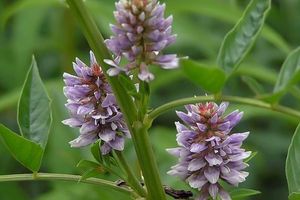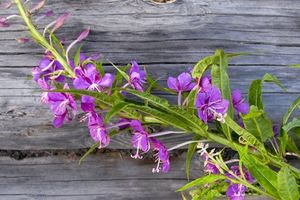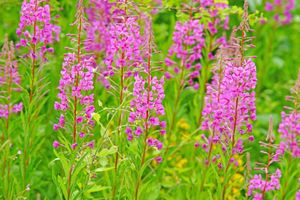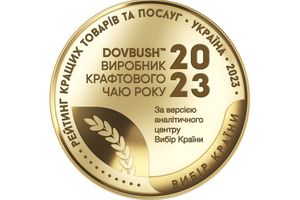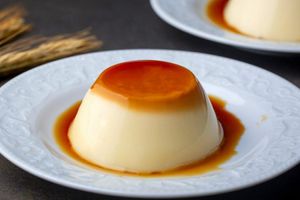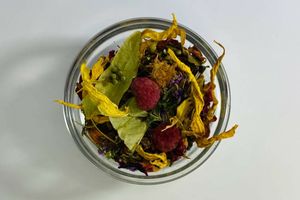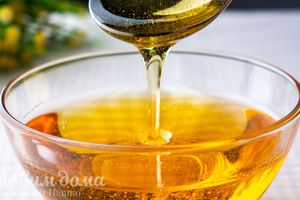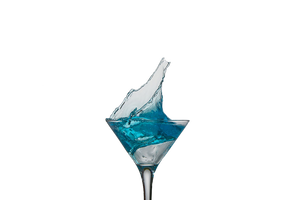Oregano, scientifically known as Origanum vulgare, is a popular culinary herb native to the Mediterranean region. Beyond its culinary uses, oregano boasts a wide array of medicinal properties, making it a valuable addition to both the kitchen and the medicine cabinet. Let's explore the various aspects of this versatile herb.
Botanical Description
Oregano is a perennial herb belonging to the mint family (Lamiaceae). It features small, oval-shaped leaves with a distinct aroma and flavor. Oregano plants produce clusters of tiny white or pink flowers and typically grow in well-drained soil and sunny locations.
Culinary Uses
Oregano is a staple herb in Mediterranean cuisine, prized for its robust flavor and aromatic qualities. It is commonly used to season a variety of dishes, including pizzas, pastas, salads, soups, and sauces. Whether used fresh or dried, oregano adds depth and complexity to culinary creations.
Medicinal Properties
Beyond its culinary appeal, oregano possesses potent medicinal properties thanks to its rich concentration of bioactive compounds, including phenols, flavonoids, and terpenes. These compounds contribute to oregano's antioxidant, anti-inflammatory, antimicrobial, and antiviral effects.
Health Benefits
-
Antioxidant Support: Oregano is rich in antioxidants, which help protect the body against oxidative stress and damage caused by free radicals. Regular consumption of oregano may contribute to overall health and well-being.
-
Antimicrobial Activity: Oregano contains natural antimicrobial compounds, such as carvacrol and thymol, which have been shown to inhibit the growth of bacteria and fungi. This makes oregano useful for combating foodborne pathogens and supporting digestive health.
-
Anti-Inflammatory Effects: Oregano possesses anti-inflammatory properties that may help reduce inflammation in the body, potentially offering relief from conditions such as arthritis and inflammatory bowel diseases.
-
Immune Support: The immune-boosting properties of oregano can help strengthen the body's natural defenses against infections and illnesses, supporting overall immune function.
Usage and Precautions
Oregano can be enjoyed fresh or dried, added to dishes during cooking or sprinkled over finished meals for extra flavor. Oregano essential oil is also available and can be used topically or diluted for internal use, although caution should be exercised with essential oils due to their concentrated nature.
While oregano is generally safe for culinary use, individuals with allergies to plants in the Lamiaceae family (such as mint, basil, and sage) should exercise caution. Pregnant and breastfeeding women should also consult with a healthcare professional before using oregano supplements or essential oil.
Conclusion
Oregano is not only a versatile culinary herb but also a powerhouse of health-promoting compounds. Whether used to flavor dishes or harness its medicinal properties, oregano offers a multitude of benefits for both culinary enthusiasts and health-conscious individuals alike. Incorporating oregano into your diet and wellness routine can be a flavorful and rewarding experience.




